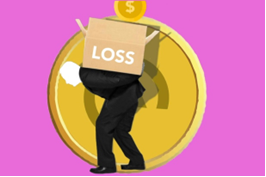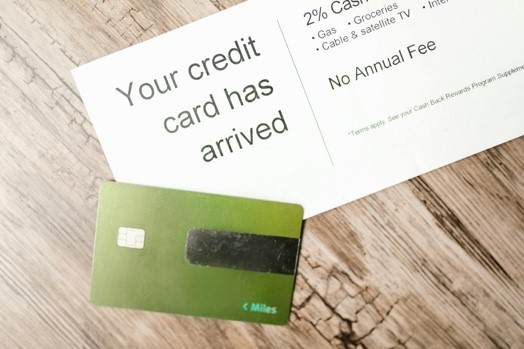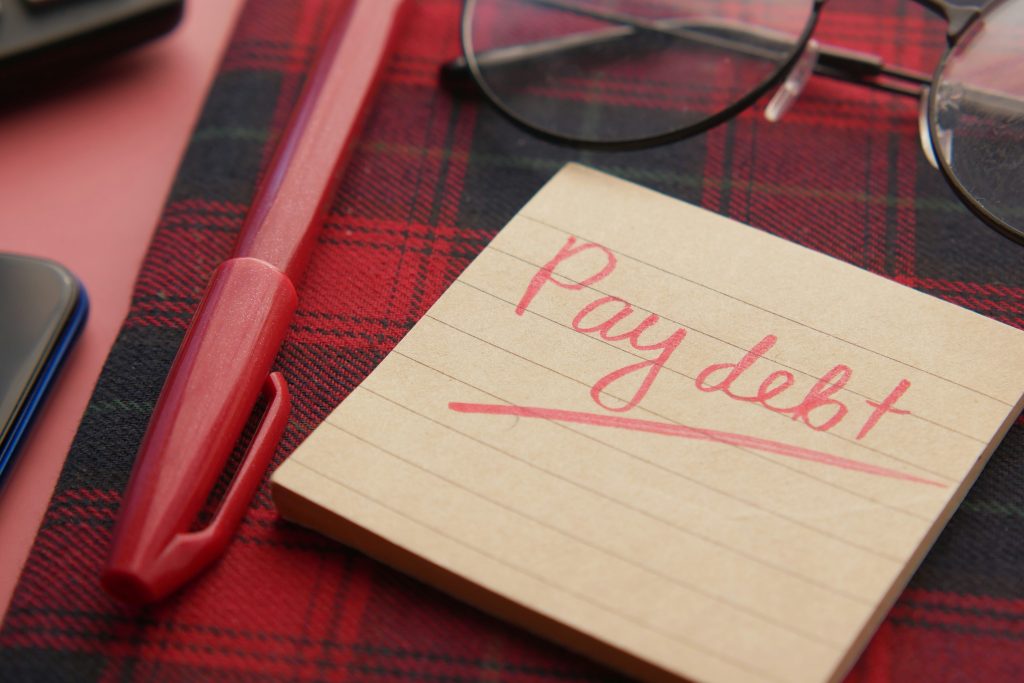Debt is something most of us have and with easy access to credit cards and personal loans, it’s something we are all capable of getting into. People often stigmatise debt as acting financially irresponsibly, but the reality is most of us have some form of debt, such as a mortgage or a student loan as part of our life’s journey.
Debt is certainly not synonymous with irresponsibility, and many use debt in a calculated, thought-through way to build their credit score.
However, dealing with debt has been considered ‘bad’ if it’s not managed carefully, but ‘unsustainable’ is the more appropriate and accurate term. Before you know it, what was a manageable financial situation can spiral out of control. For example, if you borrow money to cover basic living expenses like rent or run up a credit card bill with no clear repayment plan, this may indicate that your debt is no longer ‘good’.
However, the differences between any categorisation of debt are much more nuanced and can affect individuals differently – which is why we prefer not to use value-attributing terms debt as ‘good’ or otherwise.

While we know debt can feel like a weight on your shoulders, there are steps you can take to safely manage debt which can help set you on a clearer path. Ultimately, it’s important to remember that the categorisation is completely personal to you and your financial journey.
We all borrow money at some point in life for one or more of these reasons: credit cards, student loans, mortgages, personal loans, and even your phone contract.
Borrowing in this sense is sometimes considered as more positive, however only as long as you can afford the monthly repayments. For example, a mortgage is only useful if it’s reasonable and affordable, otherwise, you won’t be approved, and it will harm your financial standing. While some types of debt are viewed more positively, ultimately this will depend on your own financial situation.
Credit and borrowing are also important for the economy and, providing you make all your payments on time, can help to improve your credit score. Understanding and managing your credit score is essential for making informed financial decisions. Regularly monitoring your credit reports by using platforms such as the MSE Credit Club, taking steps to improve your score, and being aware of your creditworthiness can open doors to better financial opportunities.
Building credit will benefit your future life decisions, such as with mortgages, and lower interest rates as lenders consider factors like your affordability, income, reliability and expenses.
Being approved for a mortgage is a type of debt that is considered beneficial because of the benefits it brings. From providing a home to being a future investment that can generate profit, a mortgage can have long-term benefits as long as you’re able to afford your monthly repayments.
Student loans are also considered useful because they offer the prospect of investing in your future. However, they don’t operate like other typical loans, and repaying them early may not be in your best interests compared to other types of debt. If your student loan is not repaid at the end of its maximum term, it’s currently written off.
Unsecured personal loans and vehicle finance can also be beneficial, but you must be able to afford the repayments regularly and have enough money left each month to pay your other bills.

Remember, your debt should work for you, not burden you. Your financial journey is completely unique to you and your debt will differ depending on your circumstances. Reachout for debt advice if you’re struggling and need help.
Lee Melling, financial wellbeing expert at caba, shares five things to remember when looking into debt and borrowing:
- Spot the early warning signs
If you rely on loans to cover your living costs or can’t figure out how to cover your repayments, then these are clear indicators that you might be falling into a ‘bad debt’ cycle.
- Identify the scale of your financial difficulties
Be honest with yourself about your financial situation. This will help you assess the scale of any problems and enable you to take the next steps in tackling them. The borrowing you choose needs to be affordable and realistic.
- Budget and work out how long it will take to repay your debt based on this.
Budgeting is the litmus test to see where you stand financially. From this, you can see what money you have spare after essential expenditures to cover your debt, which will show how long it will take to repay this and make clear your financial positioning and if the debt is becoming out of control. This will help to get your finances in order.
- Be proactive about your debt
Don’t wait until it’s too late. Avoidance is an easy way to feel better in the short term, but it is much better to face it head-on. From budget management to contacting creditors, tackling debt is achievable if you’re proactive about it.
- Reach out for support
Whatever your financial worries, big or small, you’re not alone. Reach out for specialist debt advice if you’re worried or simply need advice about your finances. Charities like caba can listen and give you access to tailored support to help you find the best option for your situation.
Featured Photo by Towfiqu barbhuiya on Unsplash.



